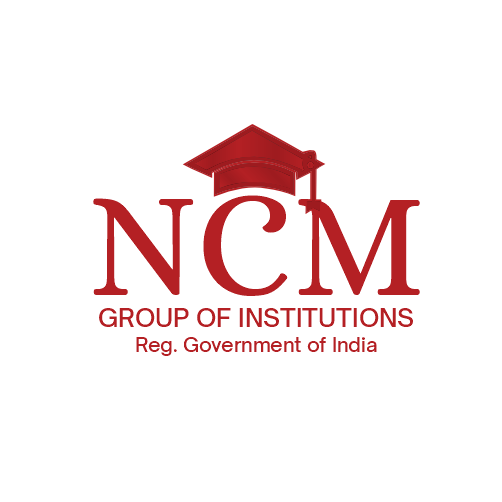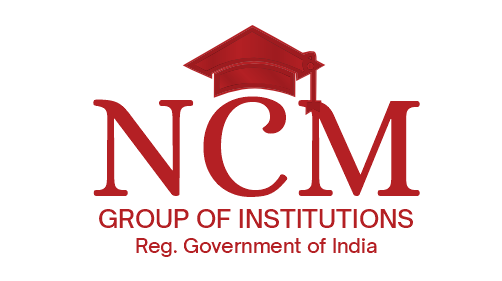- Home
- Primavera
PRIMAVERA COURSE
What is Primavera ?
Primavera is a robust software suite designed for enterprise project portfolio management and project management. Developed by Oracle, it caters primarily to industries like construction, engineering, and manufacturing, where intricate project planning, scheduling, and resource management are crucial. Primavera enables users to create detailed project plans, establish task dependencies, allocate resources efficiently, and optimize project schedules through advanced scheduling tools like critical path analysis and resource leveling. It also facilitates comprehensive cost management, allowing for budget tracking, cost estimation, and variance analysis. With features for risk management, Primavera helps organizations identify and mitigate potential project risks proactively. Its reporting and analytics capabilities provide stakeholders with real-time insights into project performance, supported by customizable dashboards and reports. Integrating seamlessly with other enterprise systems, Primavera ensures alignment across departments and enhances overall project portfolio management, making it a preferred solution for handling complex projects and improving operational efficiency in large-scale enterprises.
Features of Primavera
Project Planning and Scheduling:
- Activity Planning: Define project activities, milestones, and deliverables.
- Critical Path Method (CPM): Calculate and visualize critical paths to identify project duration and schedule constraints.
- Gantt Charts: Create and manage project schedules using interactive Gantt charts.
- What-If Analysis: Simulate different scenarios to analyze the impact on project schedules.
Resource Management:
- Resource Allocation: Assign resources (human, equipment, materials) to activities based on availability and skill sets.
- Resource Leveling: Optimize resource utilization to avoid overallocation and manage resource conflicts.
- Resource Histograms: Visualize resource usage over time to balance workloads.
Cost Management:
- Budgeting: Establish project budgets and track costs against planned expenditures.
- Earned Value Management (EVM): Measure project performance against the budget and schedule to assess cost and schedule variances.
- Cost Control: Monitor actual costs, commitments, and forecasts to control project finances.
Risk Management:
- Risk Assessment: Identify and assess risks that may impact project objectives.
- Risk Mitigation: Develop strategies and actions to manage and mitigate identified risks.
- Risk Register: Maintain a centralized repository of project risks and associated mitigation plans.
Reporting and Dashboards:
- Custom Reports: Generate comprehensive reports tailored to specific project metrics and stakeholders.
- Dashboards: Visualize project performance indicators (KPIs) through interactive dashboards for real-time monitoring and decision-making.
Integration and Collaboration:
- Integration: Connect with other enterprise systems such as ERP (Enterprise Resource Planning) for seamless data exchange.
- Collaboration Tools: Facilitate communication and document sharing among project teams to enhance collaboration and coordination.
Portfolio Management:
- Portfolio Optimization: Prioritize and select projects aligned with strategic goals and objectives.
- Resource Allocation Across Portfolios: Allocate resources efficiently across multiple projects within a portfolio.
- Portfolio Analysis: Evaluate portfolio performance and make informed decisions on resource allocation and project investments.
Mobile Access:
- Mobile Applications: Access project data, update statuses, and collaborate remotely using mobile devices, ensuring flexibility and responsiveness.
Scalability and Customization:
- Scalability: Support projects of varying sizes and complexities, from small initiatives to large-scale programs.
- Customization: Tailor workflows, fields, and interfaces to meet specific organizational requirements and project management methodologies.
Security and Compliance:
- Data Security: Ensure data integrity and confidentiality through role-based access controls, data encryption, and audit trails.
- Compliance: Adhere to industry standards and regulatory requirements for project management and data protection.
Objectives:
- Enhanced Project Planning
- Optimized Resource Management
- Effective Project Scheduling
- Comprehensive Cost Management
- Risk Mitigation and Management
- Real-time Reporting and Monitoring
- Integration and Collaboration
- Strategic Portfolio Management
- Flexibility and Customization
- Security and Compliance
Why NCM Institute is Primavera Cource in Phagwara
We have experienced trainers and Staff to train there students to Archive there goal and wellness classrooms and peace full enviroment to focuse there study.
Learn new skill with Experts Staff
Learned best Education to grow in life
Provide Flexible Time Learning
International Certificate Verified

